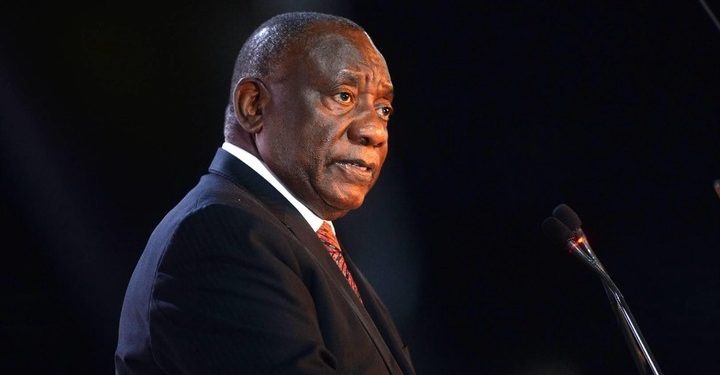The ongoing controversy surrounding President Cyril Ramaphosa and the unexplained foreign currency discovered at his Phala Phala game farm continues to dominate public discourse. While former President Jacob Zuma’s imprisonment set a precedent for holding leaders accountable, attention has now turned to whether Ramaphosa will face similar scrutiny once his presidential immunity expires. The central question remains: What consequences could he face if required to account for the cash found concealed in his furniture?
Dubbed “Farmgate,” the scandal erupted when reports revealed that a substantial amount of undeclared U.S. dollars had been stashed in couches at Ramaphosa’s private property. The revelation ignited fierce debate about transparency and ethical leadership. Critics argue that the incident points to possible financial misconduct, while Ramaphosa’s allies dismiss it as a politically motivated exaggeration. Despite multiple investigations, definitive answers remain out of reach, leaving South Africans divided over whether this will become a pivotal moment in Ramaphosa’s presidency or simply another unresolved controversy in the country’s complex political history.
Unlike Zuma’s legal battles, Ramaphosa’s case has yet to reach a judicial conclusion—a distinction that only fuels public skepticism. Analysts suggest that if he loses the shield of presidential immunity, the outcome could set a critical precedent for holding sitting leaders accountable. Some believe formal inquiries may exonerate him, framing the incident as a misunderstanding. Others warn that prolonged ambiguity risks further eroding public trust in governance.
The broader implications are significant. Should Ramaphosa eventually be compelled to address these allegations directly, the political fallout could either reinforce accountability in South Africa’s leadership or expose systemic weaknesses in enforcing justice at the highest levels. For now, the nation waits—weighing the need for clarity against the risks of premature judgment. One thing is certain: The resolution of this saga will resonate far beyond Ramaphosa’s presidency, shaping perceptions of integrity and accountability in South African politics for years to come.






















